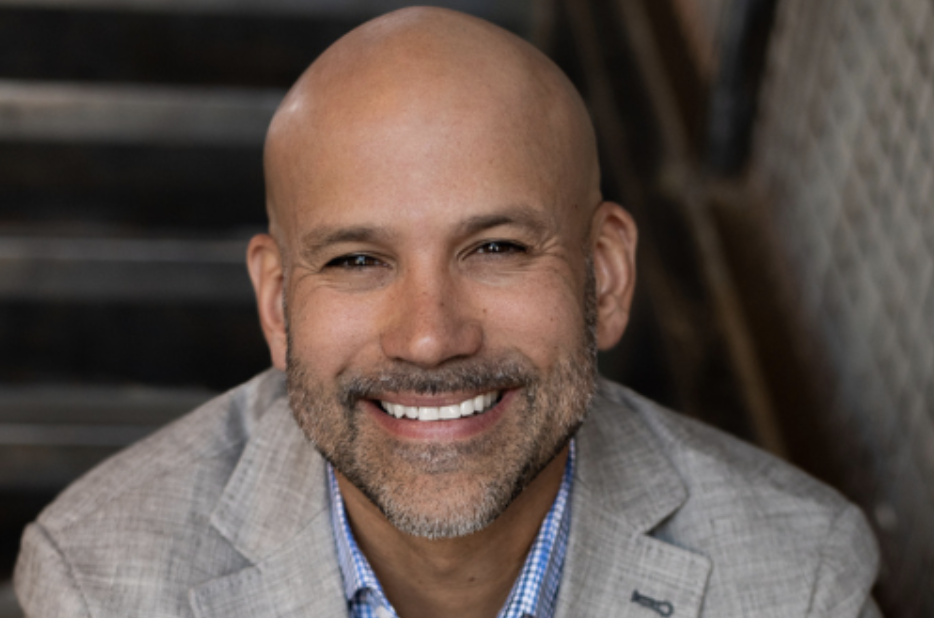Meet Tim Spalla
Read the original article here
Army | Saybrook University | Doctorate of Psychology
Tim was selected as one of 60 new leaders from a group of thousands of applicants to carry the prestigious title of “Tillman Scholar” and the Pat Tillman Foundation. “Tillman Scholars are tackling challenges across national security, healthcare, technology, civil rights, education and more. They believe their best years of service to our country are still ahead of them, and they are committed to strengthening communities at home and around the world.”
As a US Army Ranger and Iraq War veteran, Timothy experienced and witnessed immense pain, suffering and the sense of isolation that can emerge from unresolved trauma. He’s witnessed this same level of pain manifest in the war-torn communities where he has lived and worked the past two decades. From al Qaeda in Iraq to frontline wildlife rangers in Africa and most recently, the incarcerated men and women he now spends his days working with as a mental health counselor – Tim knows trauma is global.
Timothy has also lived in his own struggles with PTSD, depression, anxiety and addiction. It wasn’t until the birth of his son in 2018 that Timothy was compelled to pursue deep inner-soul healing work, a journey that brought him to plant medicine healing and mindfulness-based therapies. Coming to terms with his own pain and suffering is ultimately what healed him. This work then led him to pursue a masters of counseling psychology degree from Regis University. From a very young age Timothy sensed that his destiny was to make a difference in the world.
He is now continuing work toward fulfilling that destiny while in pursuit of a Ph.D. in Transpersonal Psychology from Saybrook University where he will combine an advanced education in Consciousness, Spirituality and Integrative Health with traditional mental health counseling practices and plant medicine healing in order to assist fellow veterans, and other marginalized communities to address deeply rooted trauma and addiction issues. In doing so, he wants to help others overcome the shame, suffering, and isolation that can result from unwitnessed and unprocessed mental illness.




